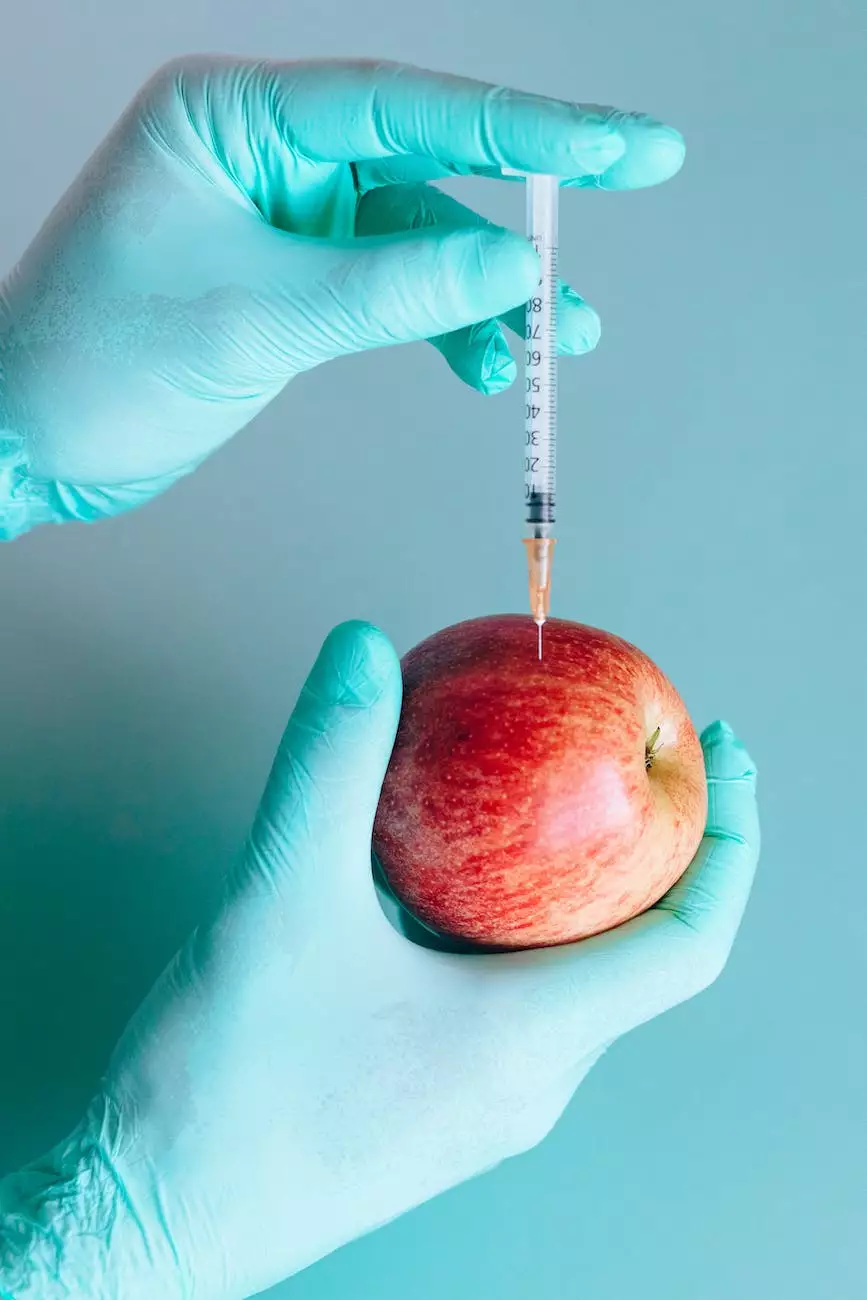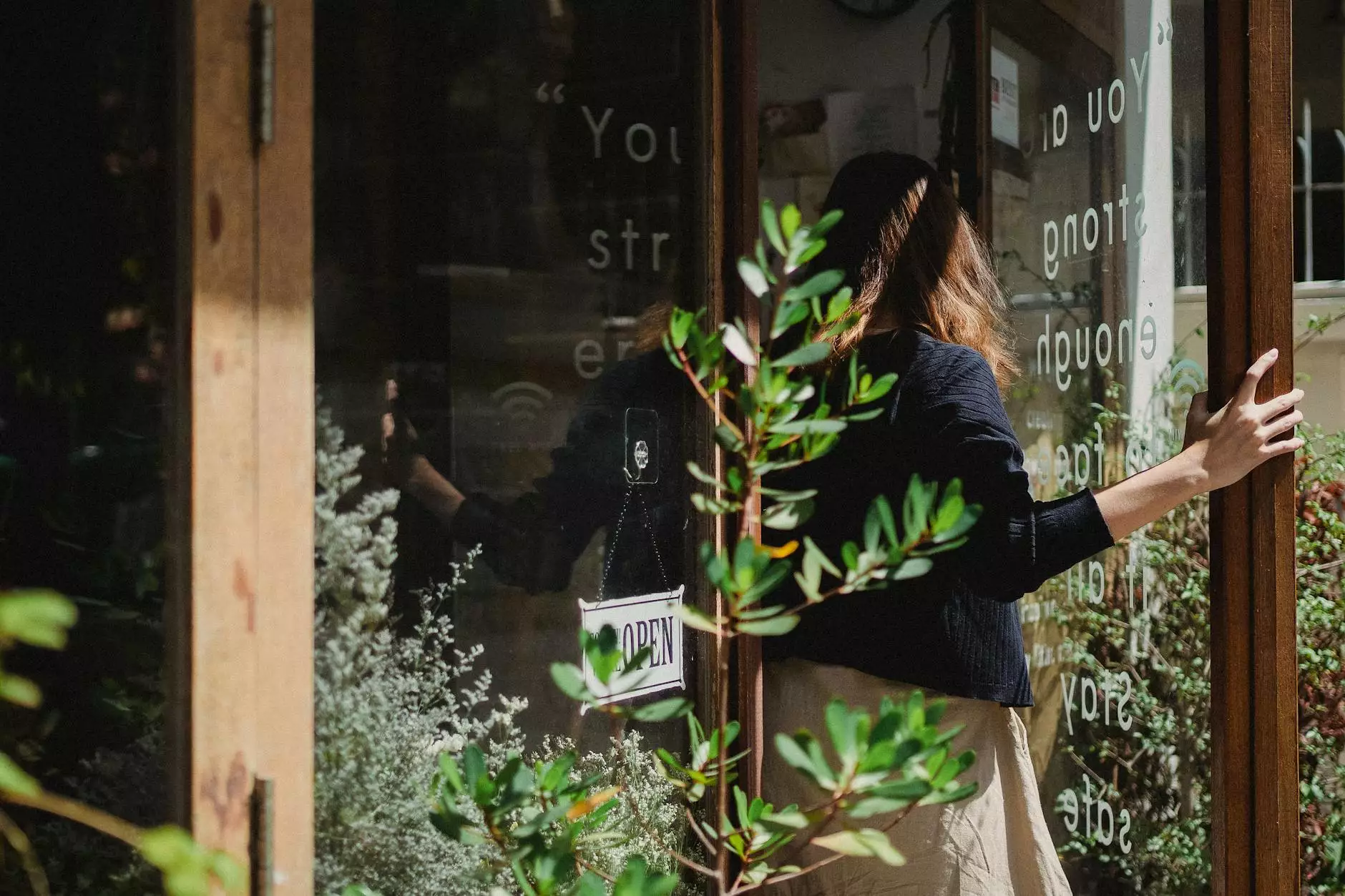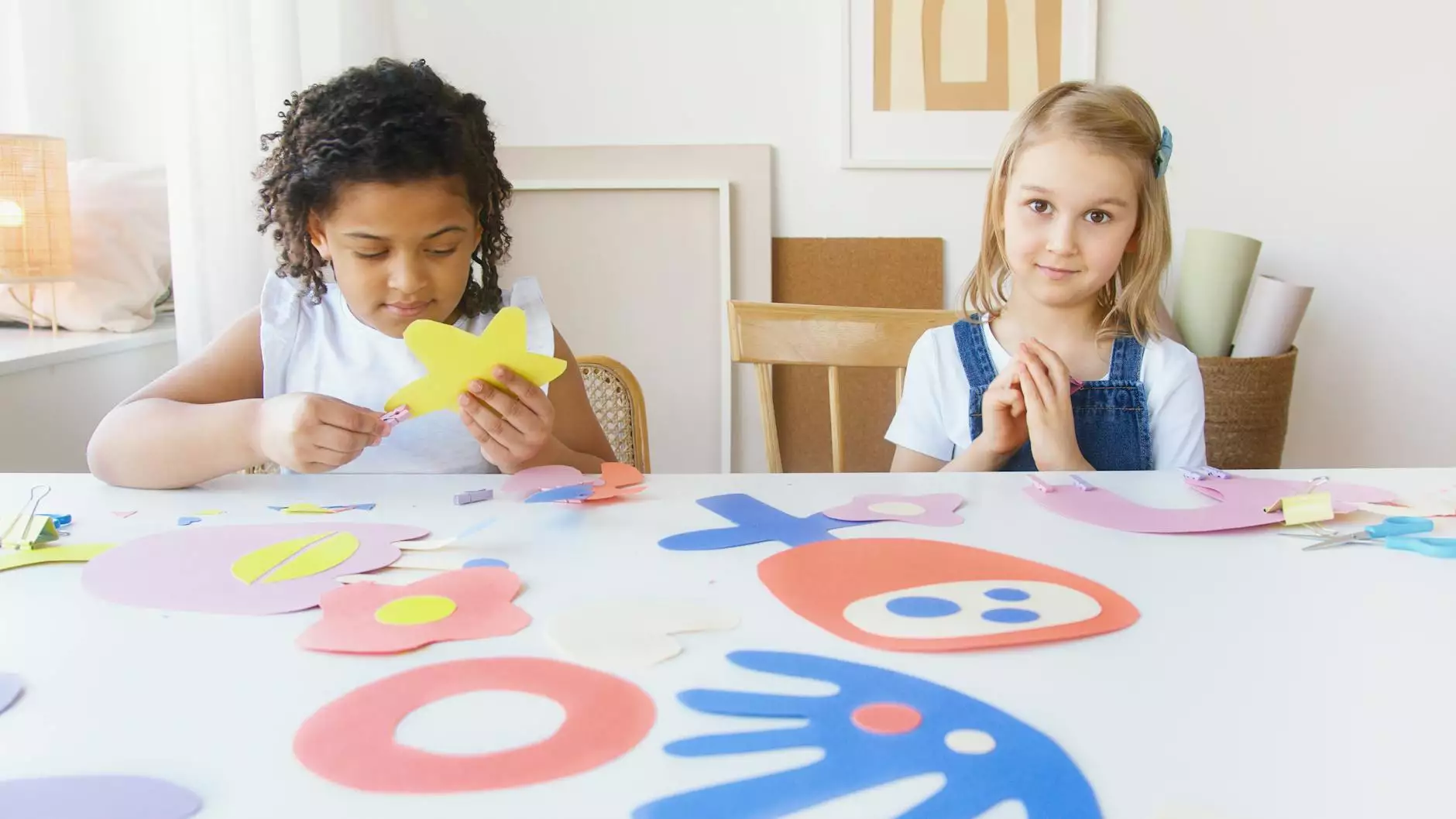Identifying and Managing Caregiver Guilt

Introduction
Welcome to Reflection Living, your trusted resource for information on caregiving and senior living. In this article, we will explore the topic of caregiver guilt and provide valuable insights on how to identify and manage it effectively. Caring for a loved one can be emotionally challenging, and acknowledging and addressing the feelings of guilt is an essential part of the caregiving journey.
Understanding Caregiver Guilt
Caregiver guilt is a common emotional response experienced by individuals who are responsible for the care of a loved one. It stems from a range of factors, including feelings of inadequacy, self-doubt, and the perceived inability to meet all the needs and expectations of the person being cared for. Identifying caregiver guilt is crucial as it allows caregivers to seek appropriate support and adopt healthy coping mechanisms.
Signs and Symptoms
Caregiver guilt can manifest in various ways. Some common signs and symptoms include:
- Constant self-criticism and feelings of failure
- Difficulty enjoying personal activities or time for self-care
- Overwhelming anxiety and stress
- Recurring thoughts of not doing enough
- Withdrawal from social interactions and support networks
The Impact of Caregiver Guilt
The emotional toll of caregiver guilt can be significant, potentially leading to burnout, depression, and a decline in overall well-being. It is essential for caregivers to acknowledge and address these feelings to ensure they can continue to provide the best care possible to their loved ones while maintaining their own mental and emotional health.
Managing Caregiver Guilt
1. Self-Compassion
Caregivers must practice self-compassion and remind themselves that they are doing their best under challenging circumstances. It's important to acknowledge that perfection is not attainable and that mistakes are a natural part of the caregiving journey.
2. Seek Support
Reach out to support groups, online communities, or professional caregivers who can provide empathy, guidance, and practical advice. Sharing experiences with others who understand can help alleviate feelings of isolation and guilt.
3. Set Realistic Expectations
Often, caregivers place unrealistic expectations on themselves, striving to meet every need and provide the highest level of care at all times. Setting realistic expectations and seeking help when needed can help manage caregiver guilt effectively.
4. Practice Self-Care
Prioritize self-care activities that promote physical, emotional, and mental well-being. Engage in hobbies, exercise regularly, practice relaxation techniques, and ensure you are getting enough restful sleep.
5. Establish Boundaries
Setting boundaries with both the care recipient and yourself is crucial. Understand your limitations and communicate openly about them. It is okay to ask for help and delegate certain tasks when necessary.
6. Celebrate Achievements
Take time to acknowledge and celebrate your achievements as a caregiver. Reflect on the positive impact you have made in your loved one's life and recognize the value of your efforts.
Conclusion
Caregiver guilt is a complex and nuanced emotion that can impact the caregiver's well-being. By understanding the signs, seeking support, practicing self-compassion, and implementing self-care strategies, caregivers can effectively manage and navigate the challenges associated with caregiver guilt. Remember, you are not alone on this journey, and Reflection Living is here to support you every step of the way.










